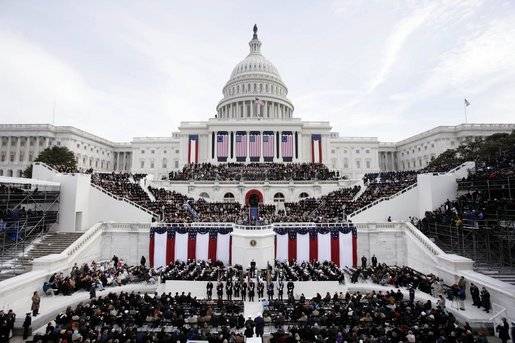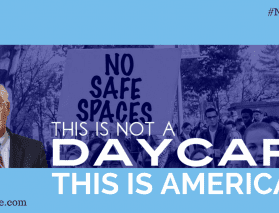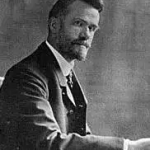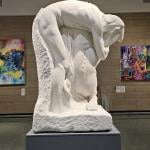I’m sure you’ve heard it.
It’s a common dismissive comment among Christians. Maybe even one you’ve made yourself.
“I’m just not all that in to politics.”
The comment about Christians and politics is usually accompanied by a shrug, a sympathetic smile, and a dismissive wave. “It’s just not my thing.”
As if I’ll understand. As if I’ll get it. As if I will be fine with their choosing to ignore the call of Christ to love their neighbor as themselves.
I know, we all have different passions that draw our gaze. Some people could work numbers all day — a God-reflecting exercise if there ever was one. I’d prefer to study history and theology, think, and write. I get that we’re all uniquely wired to focus on a wide array of options in God’s creativity multi-plex.
But all Christians should care about politics. Here’s why.
What Is Politics?
We get the word politics itself from the Greek root polis. Those who paid attention during their studies of Homer, Sophocles, or Plato will recall that the polis was simply the Greek city-state. It stood for the collective will or good of the citizens as a group.
Unfortunately, the Greeks embraced a split thinking that often set the will of the people as a group in tension against the will of an individual. You may recall Antigone’s infamous and tragic stand against the will of the polis in desiring to bury her brother. The Greek’s often saw the two as in opposition with one another.
Yet they got one thing right. Politics simply deals with the stuff that affects people — all of us in the polis, together as a group. And aren’t people the task to which Christ called us? In fact, often, we can’t really help people without dealing with the political issues that bind them.
To Really Help the Least of These
I saw this call of Christ to help people through the public arena of ideas and politics most clearly when I visited Mexico a few years ago. We had caravaned up into the remote mountain regions of the Baja Peninsula to migrant worker villages. We passed out clothing, Bibles, and shared some hot dogs and nachos for Christ.
And yet I felt intensely depressed. Afterwards, as I sat processing my feelings, I was overwhelmed with how little good I had actually done — like spitting into a hurricane. The people were still held captive by the political forces of socialism and corruption in their political system. As much as I’m sure they enjoyed a meal that night, they needed ideas and leadership in the polis to deal with the political issues that bound them in poverty.
How could I say I cared for them in the name of Christ, if I was not willing to engage in the arena that mattered most to their future and freedom?
So what’s stopping us?
Why Some Christians Don’t Care About Politics
- We don’t understand the political process. Let’s face it. Some political or bureaucratic structures have become down-right mind-numbing in their complexity. But most political processes are simple at the core. If we’re going to be faithful to Christ’s call to care for all people, we’ll need to stretch our brains and grow our vocabulary.
- We don’t know what we’re talking about. This concern is different from the first. It has to do more with our being too busy — or too lazy — to get to know the issues that affect so many people’s lives so deeply. For most of us, it’s just easier to watch some television than to research tax policy.
- We don’t like sinful people. Because politics involves ambition of various sorts, it brings out the worst of fallen people. But why should sin surprise us? Didn’t Christ still call us to go and make disciples of — get this — all nations? Perhaps people groups would be the better translation, but the message remains. And why is the homeless man battling painful addictions more worthy of grace than the politician twisted by an addiction to ambition? Christ died for both.
- We’ve believed a lie. The last five decades saw a revival of Greek ideology that champions a chasm between the sacred and the secular — between the private and the public. For the Greeks, it most often surfaced in their tension between the individual and the polis or between the spiritual and physical worlds. For far too many Christians today, politics represents the physical — read evil — world while attending church and feeding the homeless a bowl of nachos typifies spiritual — read good — endeavors.
This split line of reasoning tries to at once praise faith while constraining it to the private sphere. There it can be safely separated from the public square, the arena of the polis or politics. But it just doesn’t square with the the nature of God, reality, and the Great Commission.
Like it or not, we all act based on what we believe to be true, even when our actions reveal our true beliefs. The world of politics is no exception. It is not and cannot be a faith-free zone. It is always only a question of what faith will decide our public policies not if faith will affect them.
If you’re a Christ follower, do you care about politics? If not, why not? Leave a comment with a click here.












